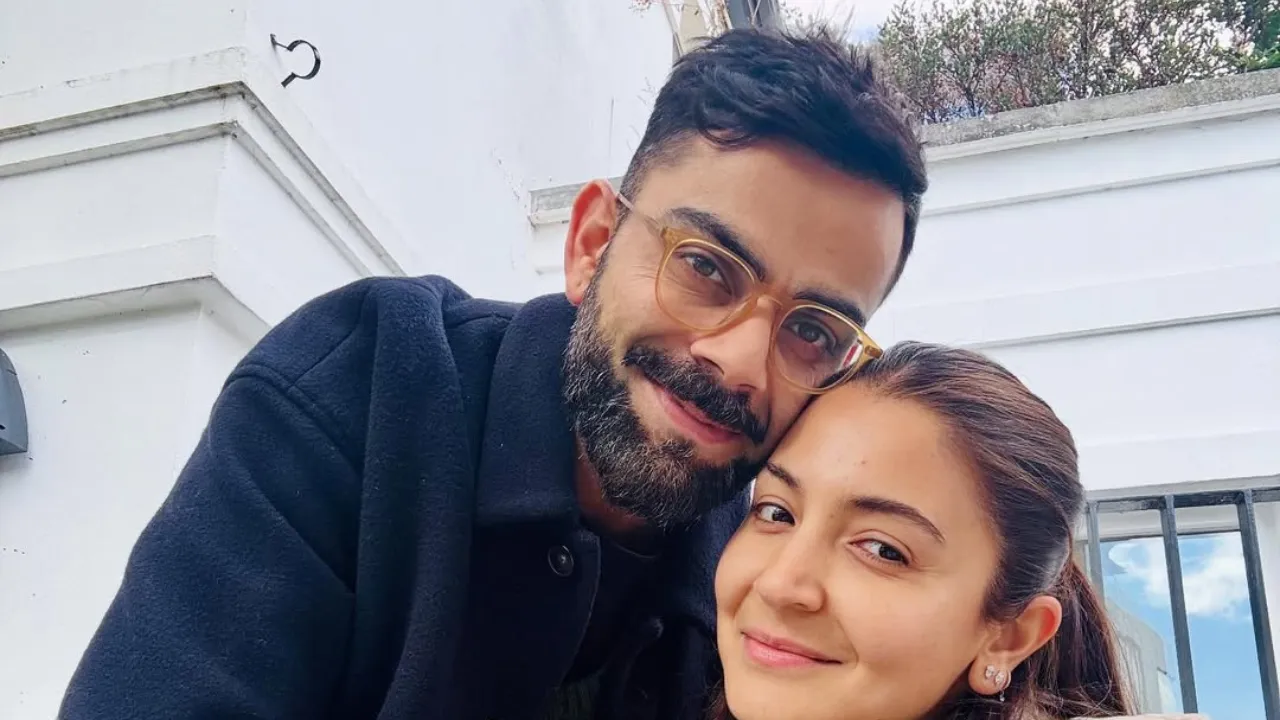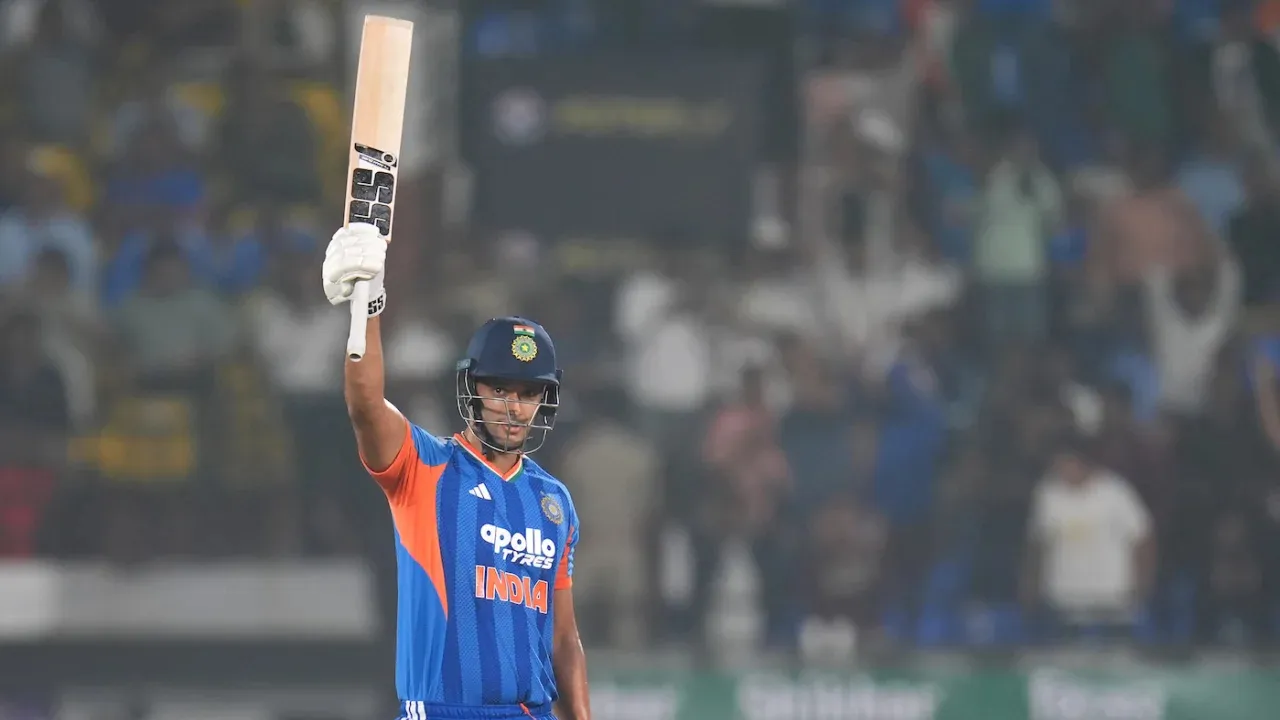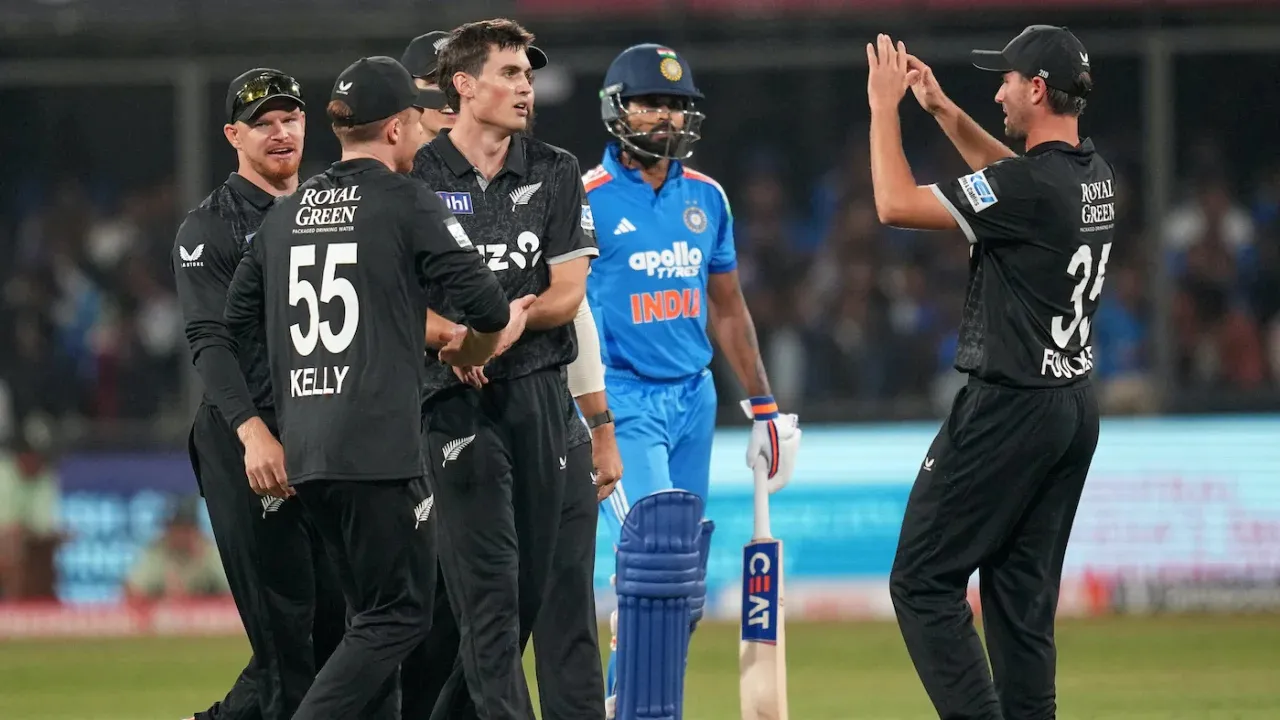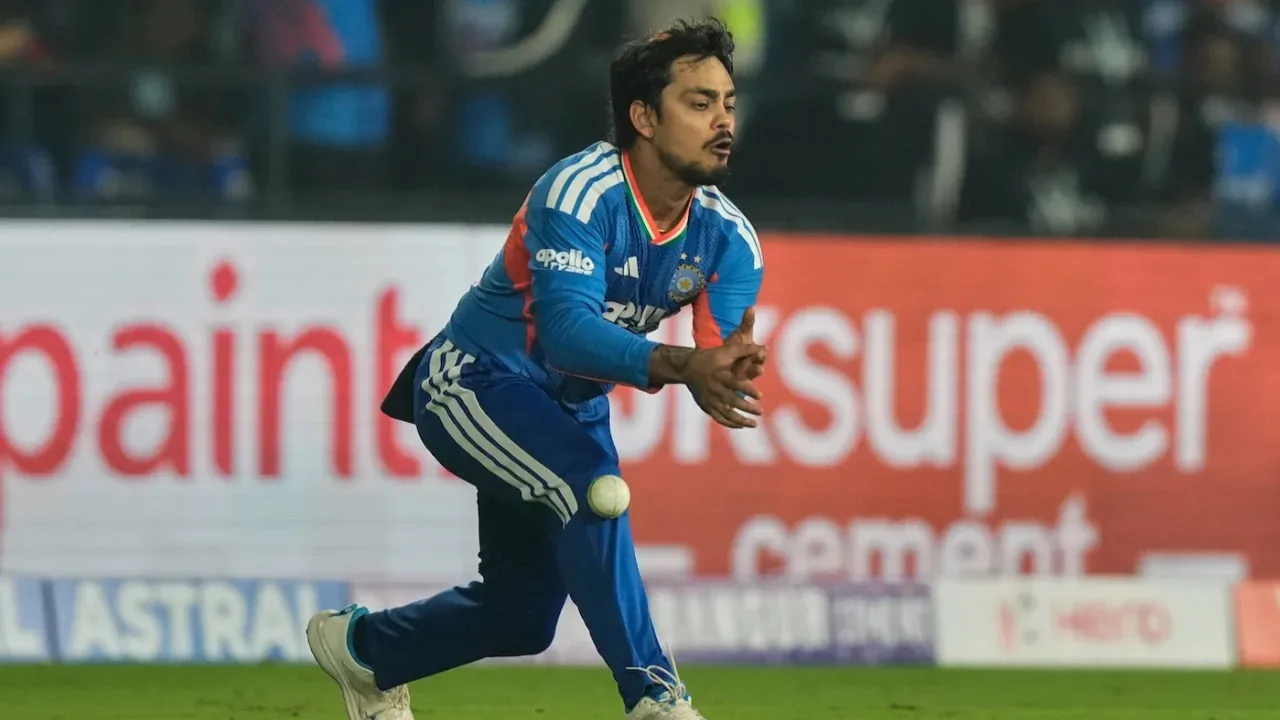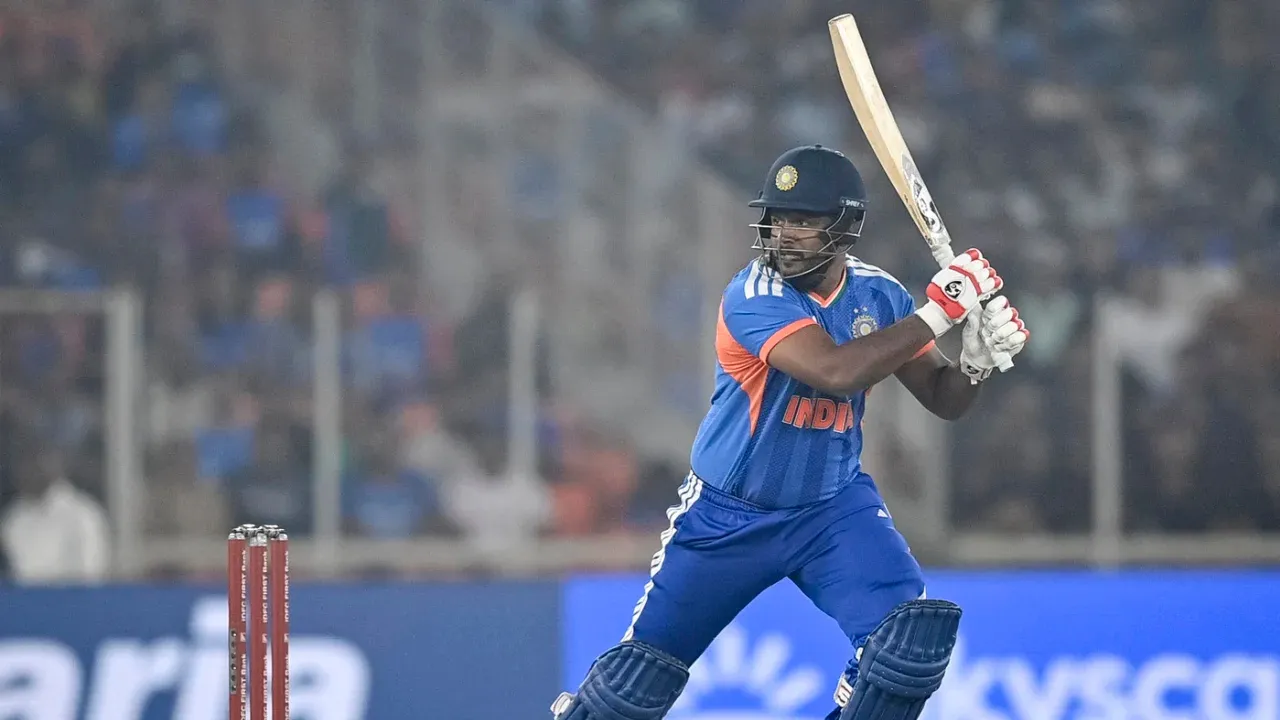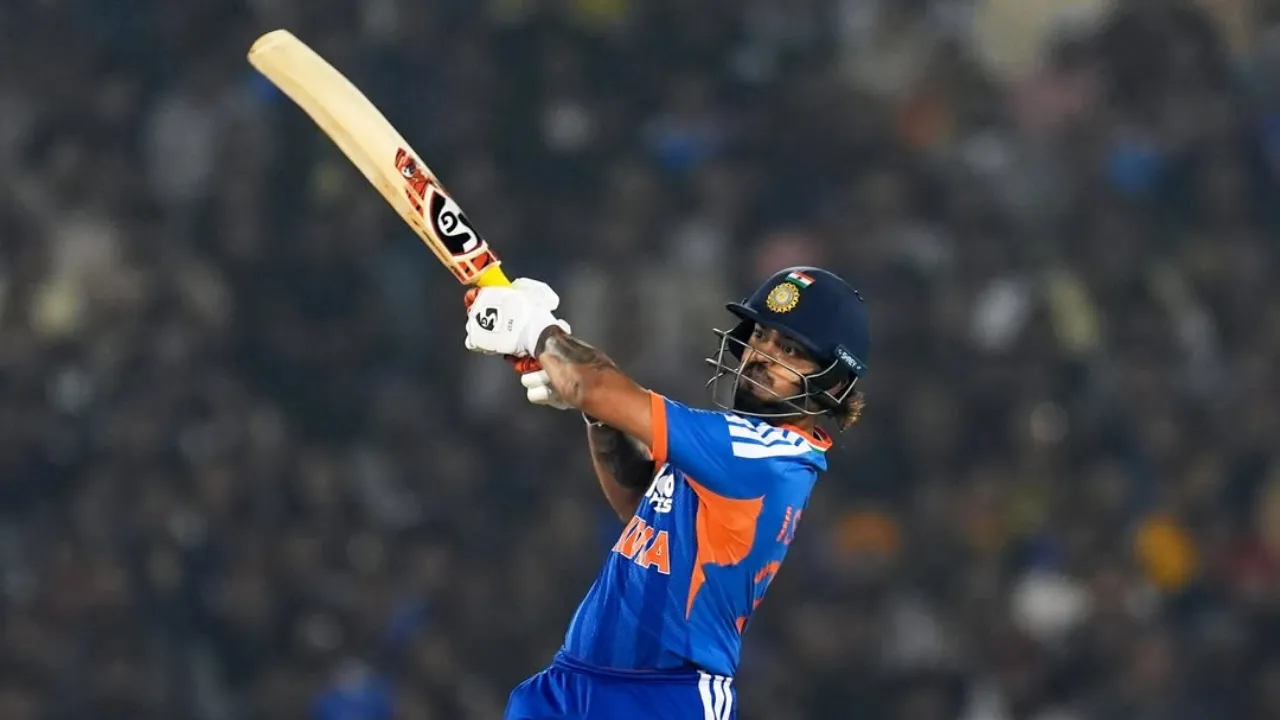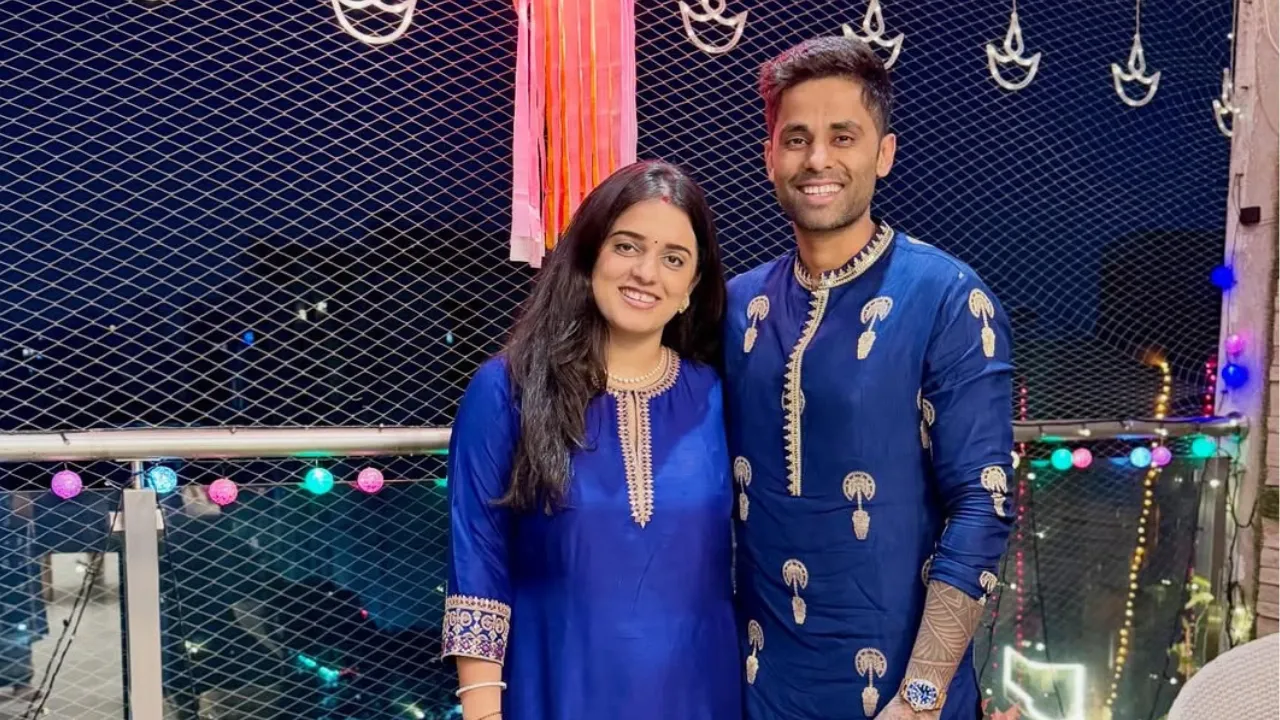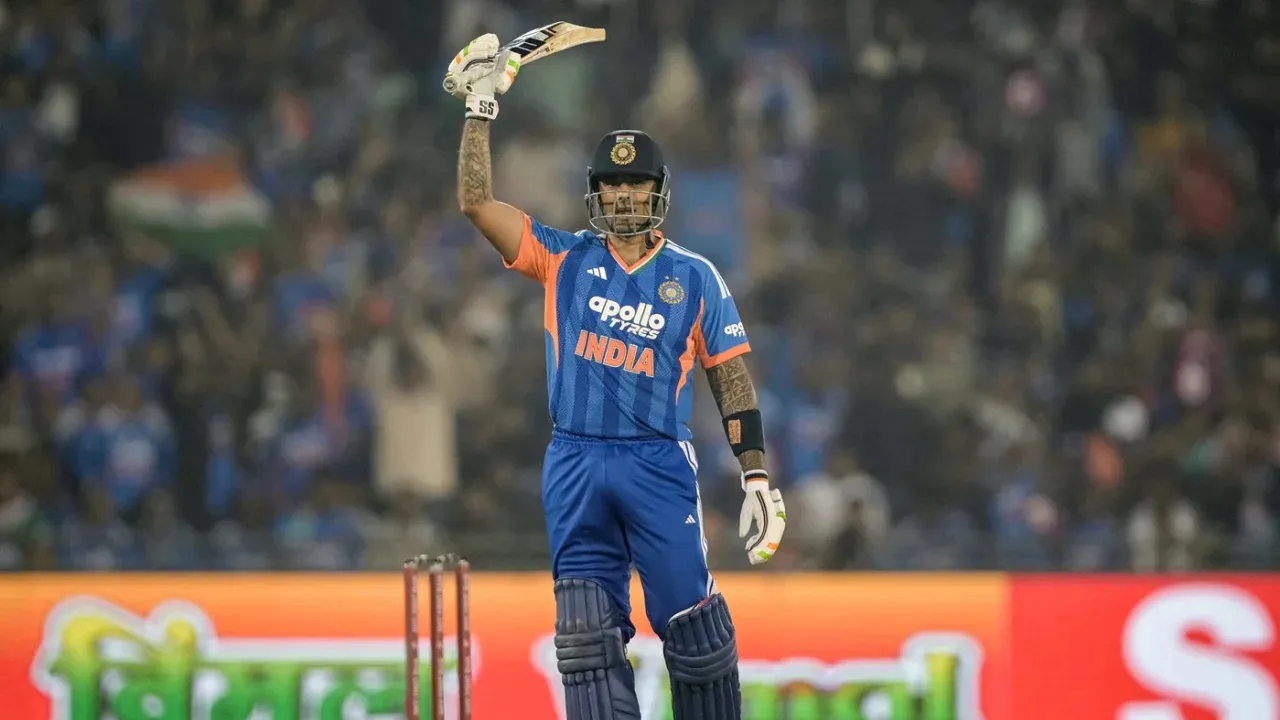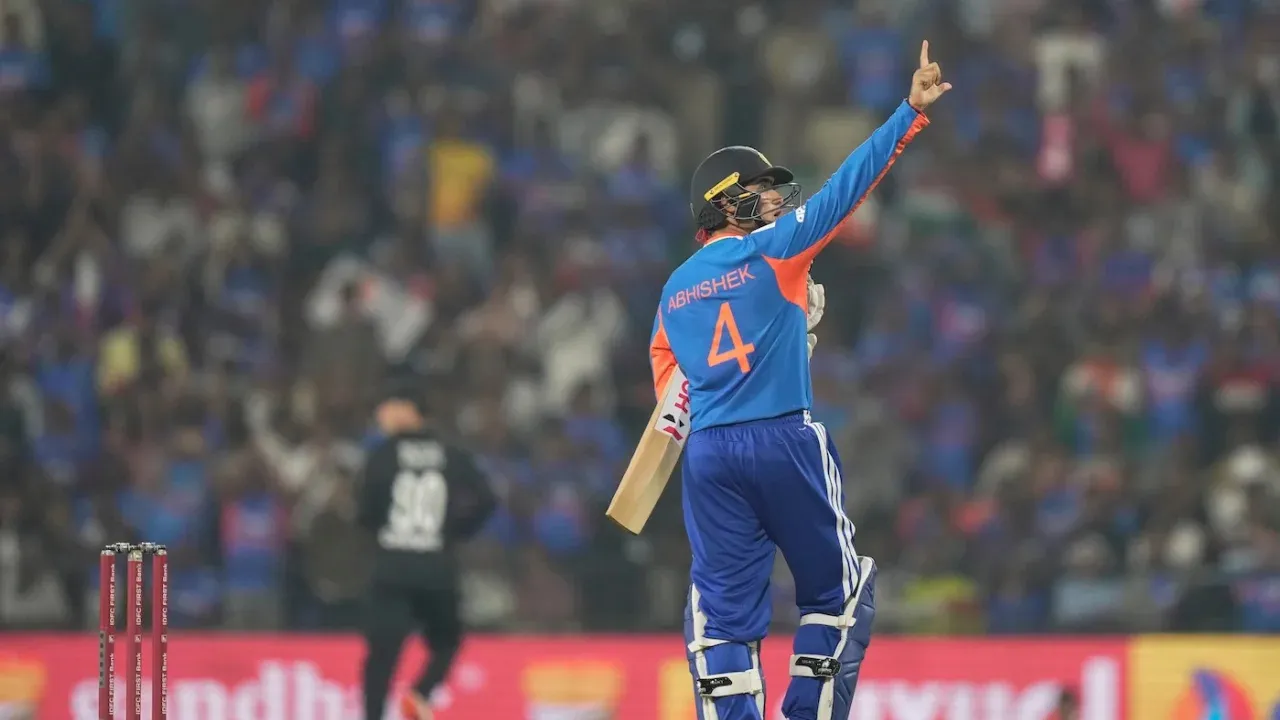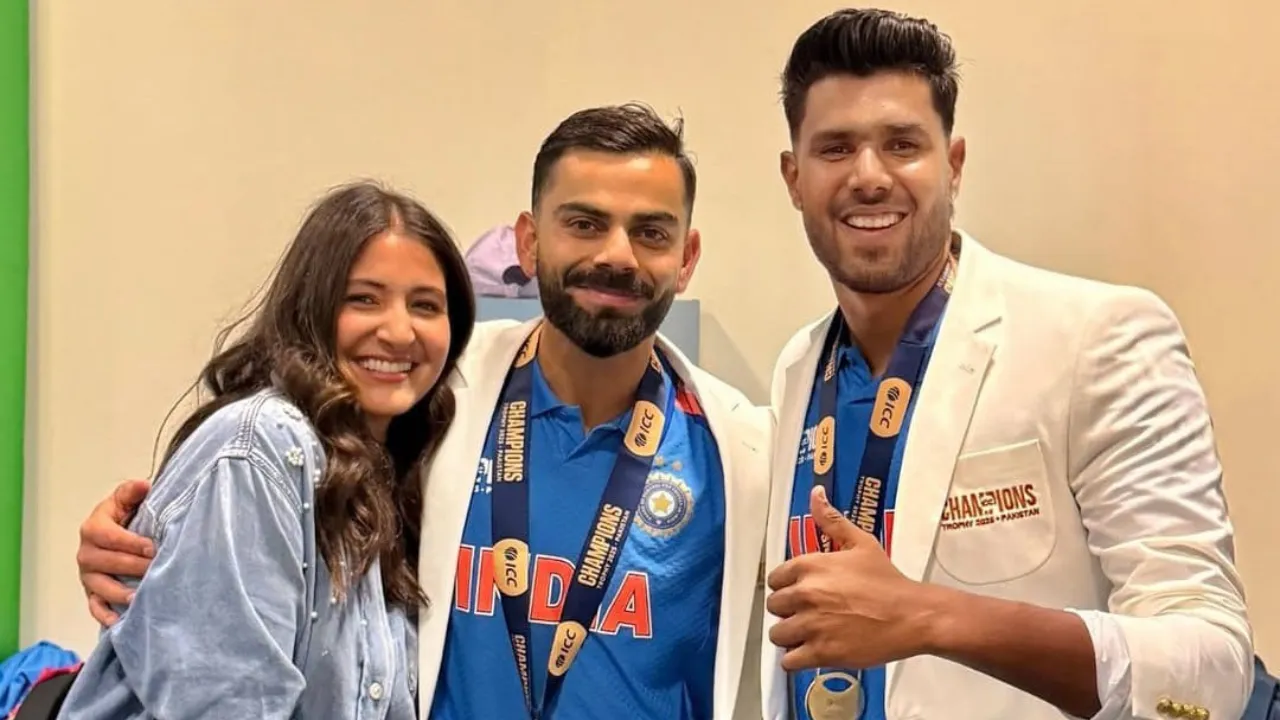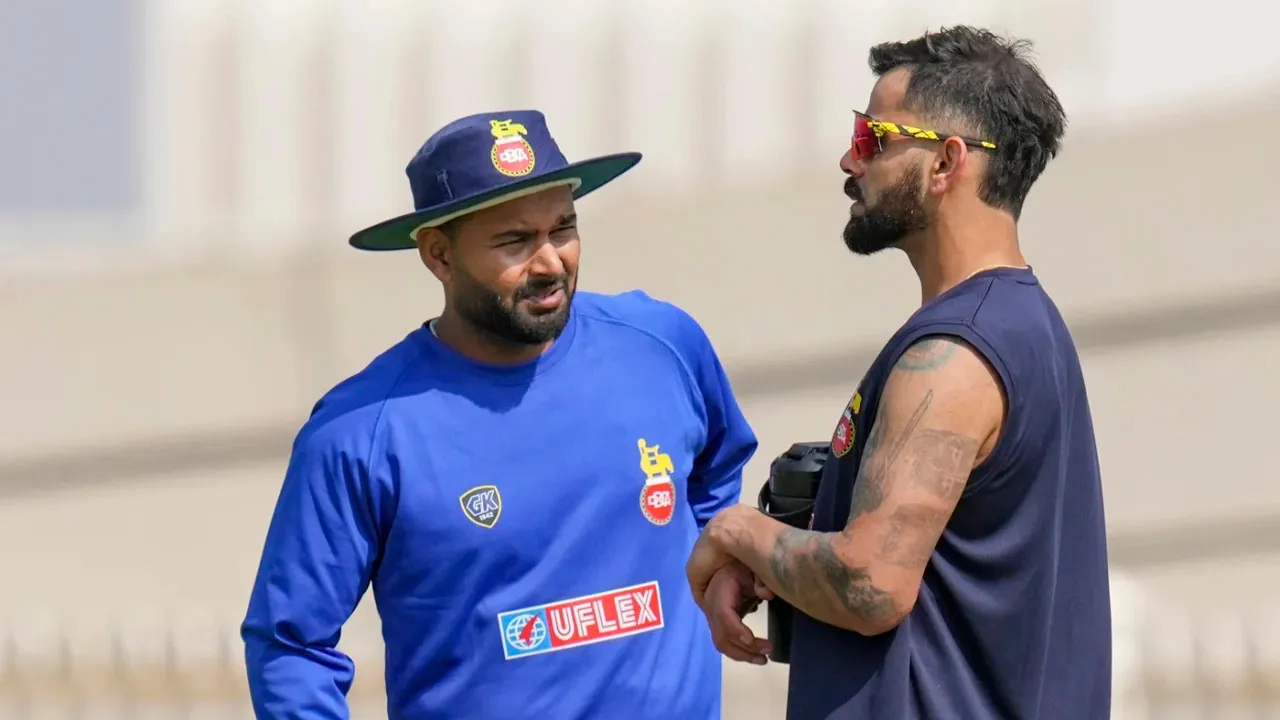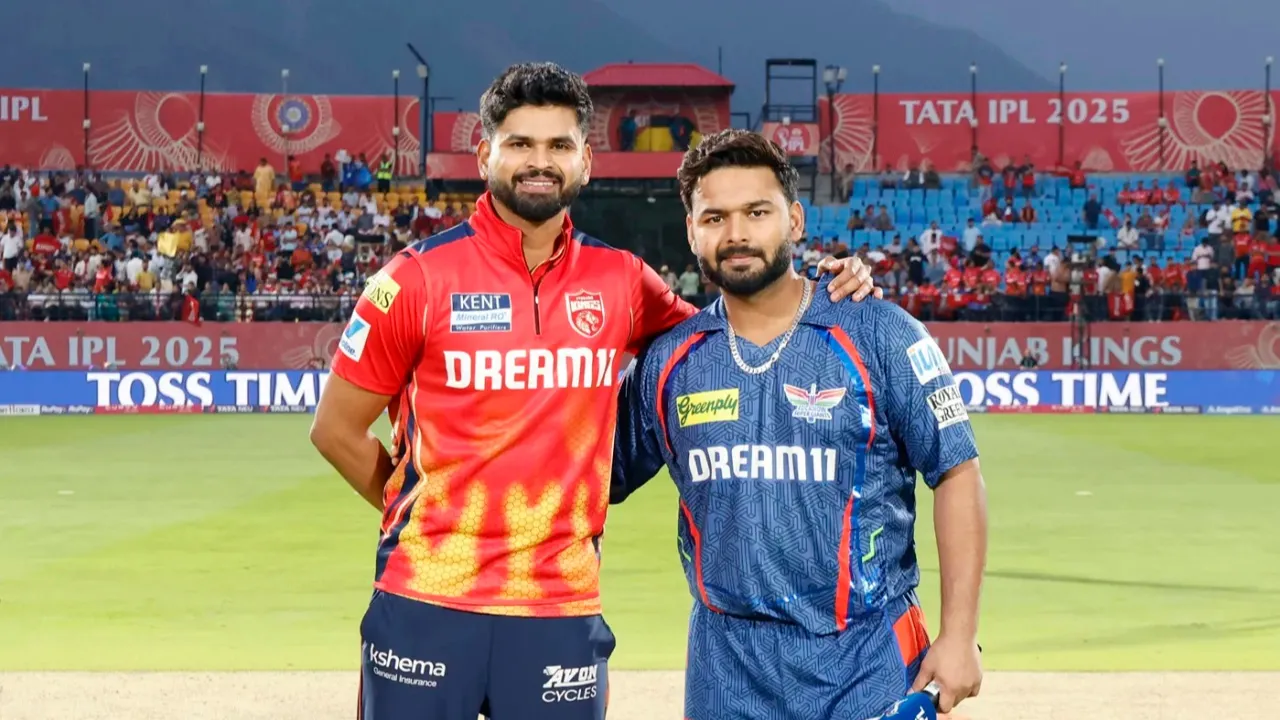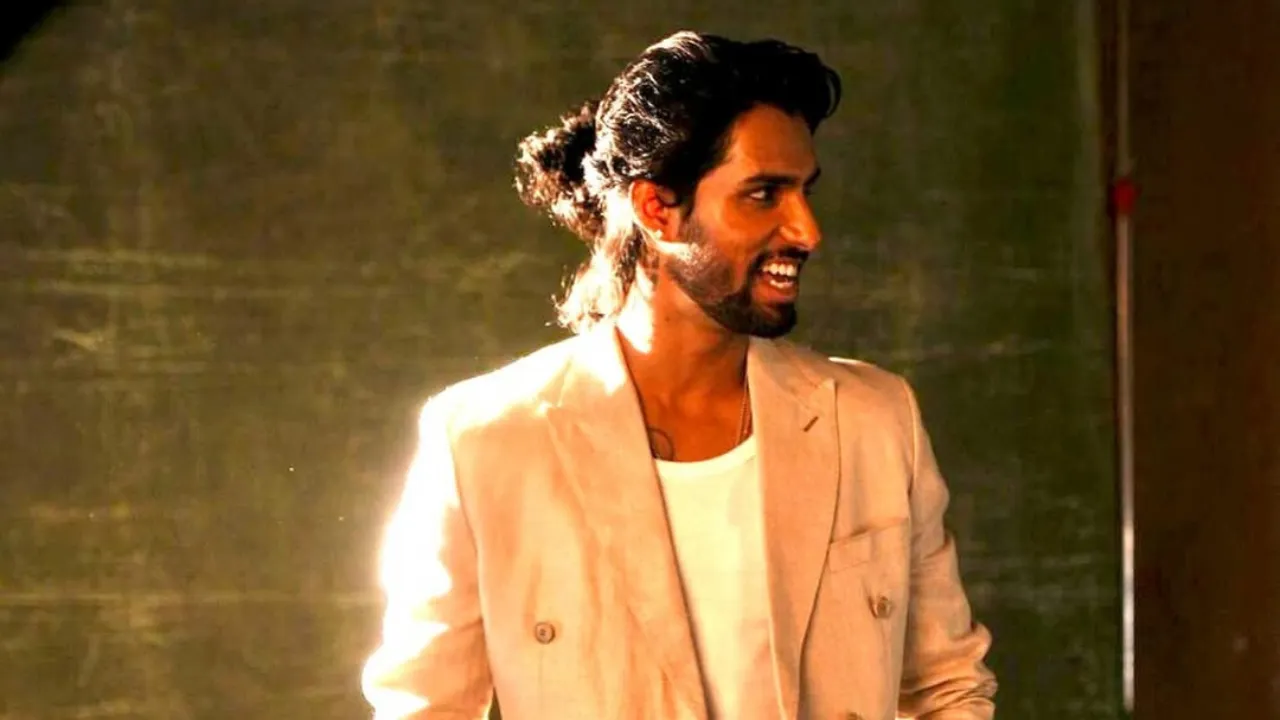Ravi Shastri Finally Reacts to BCCI Diktat on Restricting Family Travel During Tours: ‘Gambhir Must Have Thought…’
The Board of Control for Cricket in India (BCCI) has recently issued a strict directive restricting players’ family members from accompanying them on overseas tours. The decision has sparked a wave of reactions across the cricketing community. Among those weighing in is former India head coach Ravi Shastri, who has never been shy of expressing his opinions on cricket administration or player management. His latest comments on the matter have brought fresh perspective to a sensitive topic that affects team dynamics, player focus, and leadership strategy.
Background: BCCI’s New Family Travel Policy
According to reports, the BCCI has decided to limit family travel during international tours, especially long overseas assignments. The reasoning behind this move is to ensure that players remain completely focused on their game and avoid unnecessary distractions during crucial tournaments.
Under the new guideline, players’ families may be allowed to join them only during the latter part of tours or after key matches. This policy is expected to come into effect ahead of India’s next major international series abroad.
The directive has reportedly come under the leadership of new head coach Gautam Gambhir, who is known for his no-nonsense approach and emphasis on discipline and professionalism. Naturally, this has led to curiosity about how former coaches, especially someone as outspoken as Ravi Shastri, would react to such a measure.
Ravi Shastri’s Reaction: Straightforward and Insightful
When asked about the BCCI’s decision, Ravi Shastri gave a typically candid response. Known for his pragmatic approach during his coaching tenure, Shastri didn’t outright criticize the move but offered a balanced view that reflected his experience managing the national team in high-pressure situations.
“Every coach has his own way of running the team,” Shastri reportedly said. “If Gautam Gambhir feels that limiting family presence will help players stay more focused, then he must have thought it through.”
He further explained that maintaining discipline and team unity during long overseas tours is always a challenge, especially when multiple external factors—such as family visits or media attention—come into play. However, he also added that “players are professionals and know how to manage their focus even with families around.”
Why Ravi Shastri’s Opinion Matters
During his tenure as India’s head coach from 2017 to 2021, Ravi Shastri oversaw some of the country’s most successful overseas campaigns, including historic Test series wins in Australia. He built a reputation for fostering team confidence and giving players autonomy.
His philosophy centered on trust and freedom. Unlike rigid management styles, Shastri allowed players the space to relax, unwind, and maintain balance—sometimes even with their families accompanying them on tours.
That’s why his recent comments carry significant weight. He understands both sides of the debate: the importance of focus and discipline, and the human need for emotional comfort and stability, especially during long tours.
Comparing Coaching Styles: Ravi Shastri vs Gautam Gambhir
The difference in approach between Ravi Shastri and Gautam Gambhir highlights a shift in India’s cricketing culture. Shastri’s leadership was built around motivation and self-belief, while Gambhir’s style, as seen in his IPL stints with Kolkata Knight Riders and Lucknow Super Giants, is more structured and tactical.
Shastri’s India was known for its aggression and adaptability—often described as “fearless cricket.” Gambhir’s focus, however, seems to be on discipline, planning, and long-term consistency.
While Shastri may not completely agree with every aspect of the new BCCI policy, he seems to respect Gambhir’s intent. “It’s about results,” he said in an interview. “If the team performs well and stays united, then whatever rules you make are justified.”
Balancing Professional Focus and Personal Space
The debate over family travel is not new in international cricket. During extended tours like those in England or Australia, players can be away from home for months. For many, family presence provides emotional support that can positively influence on-field performance.
However, too much flexibility can sometimes create logistical challenges and distractions. Coaches and boards often have to find a middle ground—allowing families to join players for a limited duration or during breaks in the series.
As Ravi Shastri pointed out, “Cricket has changed a lot since my time as a player. Mental fatigue is real, and so is the need to stay focused. But every individual is different—what works for one might not work for another.”
How Players Have Reacted So Far
Several senior players have reportedly expressed mixed feelings about the BCCI’s move. While some understand the intent behind maintaining discipline, others feel that a blanket restriction might be too harsh, especially given the mental toll of continuous travel and competition.
Under Ravi Shastri’s coaching era, the environment was considered relatively relaxed. Players like Virat Kohli and Rohit Sharma were given flexibility to manage personal schedules while still maintaining professional commitment.
Now, with Gambhir’s stricter policies, the team might undergo an adjustment period to align with the new expectations.
A Coach’s Role Beyond the Field
What makes Ravi Shastri’s comments particularly insightful is his understanding that a coach’s job goes beyond just strategy and match preparation. Managing personalities, maintaining morale, and ensuring players’ mental well-being are equally crucial aspects of leadership.
Shastri has often said that “the dressing room environment defines how a team performs on the field.” Restricting family travel might strengthen focus but could also risk creating emotional fatigue if not balanced carefully.
He emphasized that communication is key. “If the players are clear about why certain rules exist and if they’re part of that conversation, then such policies can actually work in favor of the team.”
The Bigger Picture: BCCI’s Long-Term Vision
The BCCI’s new directive also reflects its broader vision of professionalism and performance excellence. With major tournaments like the ICC Champions Trophy and the next World Cup on the horizon, the board appears determined to ensure that players’ energy remains entirely devoted to cricket.
However, this also signals a cultural shift from the more flexible, trust-based management style seen under Ravi Shastri to a more disciplined, goal-oriented framework under Gautam Gambhir.
If successful, it could set a new precedent for future Indian teams. But as Shastri subtly implied, every policy should evolve based on feedback and results.
Conclusion: Ravi Shastri’s Balanced Perspective Still Holds Value
In the end, Ravi Shastri’s reaction to the BCCI’s family travel diktat stands as a masterclass in perspective. Instead of criticizing or supporting blindly, he acknowledged the reasoning behind the move while emphasizing the importance of balance, communication, and trust.
His ability to view the issue from both sides—administrative and emotional—demonstrates why he remains one of the most respected voices in Indian cricket.
As Gambhir’s tenure unfolds, it will be interesting to see how his philosophy shapes the team’s culture. For now, one thing is clear: Shastri’s legacy of bold, honest opinions continues to influence the conversation at every level of Indian cricket.
Also Read: Amitabh Bachchan’s Kantara Confession—Shweta Reacts!








